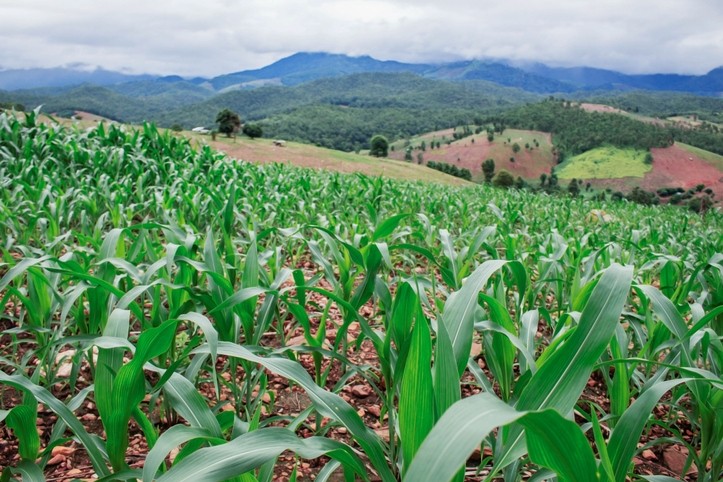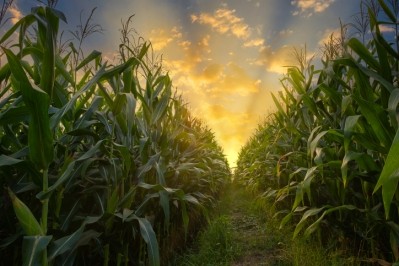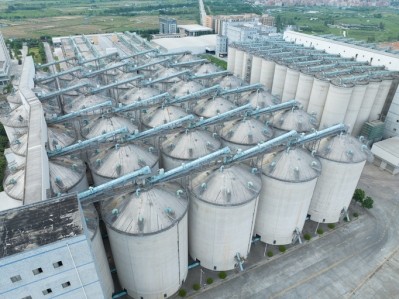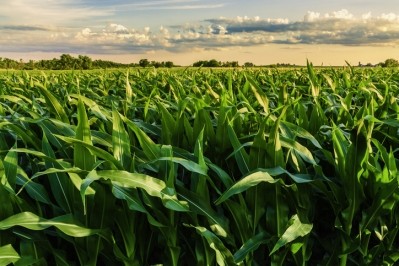Pollution risk: Thai organization advocates for improved corn cultivation practices

The Thai Food Mill Association (TFMA) is urging the government to swiftly adopt Good Agricultural Practice (GAP) standards to address the alarming levels of fine particulate pollution (PM 2.5) associated with improper corn farming practices.
TFMA outlined how, over the past decade, it has worked to discourage corn farming in ecologically sensitive areas prone to illegal clearing and burning. The organization contends that the expedited implementation of GAP standards can effectively mitigate pollution, boost the production efficiency of animal feed crops, reduce costs, and promote sustainable farming practices across the country, safeguarding the well-being of both growers and the ecosystem.
The industry body emphasized its readiness to collaborate with neighboring countries, offering innovative solutions to tackle the issue of haze spreading across national boundaries. Recent reports have highlighted prolonged toxic haze episodes in northern Thailand, Myanmar, and Laos, primarily attributed to uncontrolled wildfires and agricultural burning.
Expansion of corn cultivation
Thailand's reliance on corn as a primary ingredient in animal feed has led to a significant expansion of corn cultivation in the northern provinces. A study in Resources, Environment, and Sustainability underscores the shift from traditional agricultural practices to chemical- and credit-intensive monocropping of corn. Farmers in this region, driven by favorable prices and escalating production costs, face environmental challenges such as deforestation, soil erosion, and annual burning of corn fields.
The researchers emphasize the urgent need to address sustainability issues in corn cultivation, particularly in regions where farmers struggle with weak land tenure, severe soil erosion, and persistent conflicts with the state. The researchers argue that these farmers are often compelled to encroach upon forests, facing societal blame for regional air pollution while corporate entities benefit from the system.











